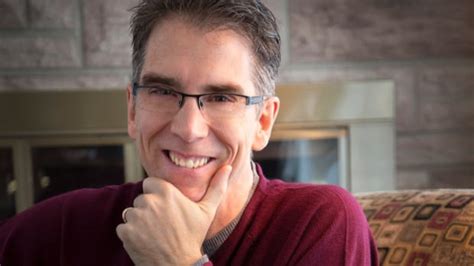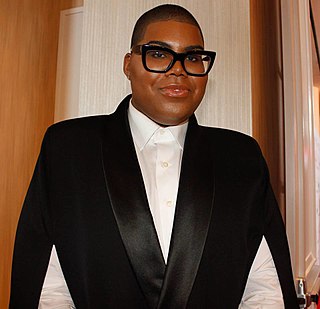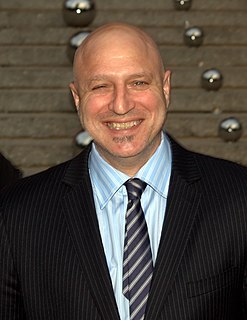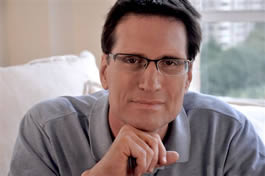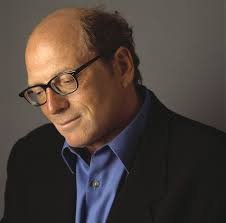A Quote by Arthur Slade
It seems so easy to write about some normal event and twist it a little bit to make it into a supernatural event.
Related Quotes
Surely the memory of an event cannot pass for the event itself. Nor can the anticipation. There is something exceptional, unique, about the present event, which the previous, or the coming do not have. There is livingness about it, an actuality; it stands out as if illumined. There is the "stamp of reality" on the actual, which the past and future do not have.
Our thoughts about an event can have a dramatic effect on how we go through the event itself. When our expectations are low, it's easy to be pleasantly surprised. When they're not, we're vulnerable to painful disappointment. Because of this, many people spend a good deal of effort trying to avoid developing high hopes about anything.
You have to understand that PTSD has to be an event that you experience, a very traumatic event. And actually, there is evidence that brain chemistry changes during this event in certain individuals where it's imprinted indelibly forever and there's an emotion associated with this which triggers the condition.
